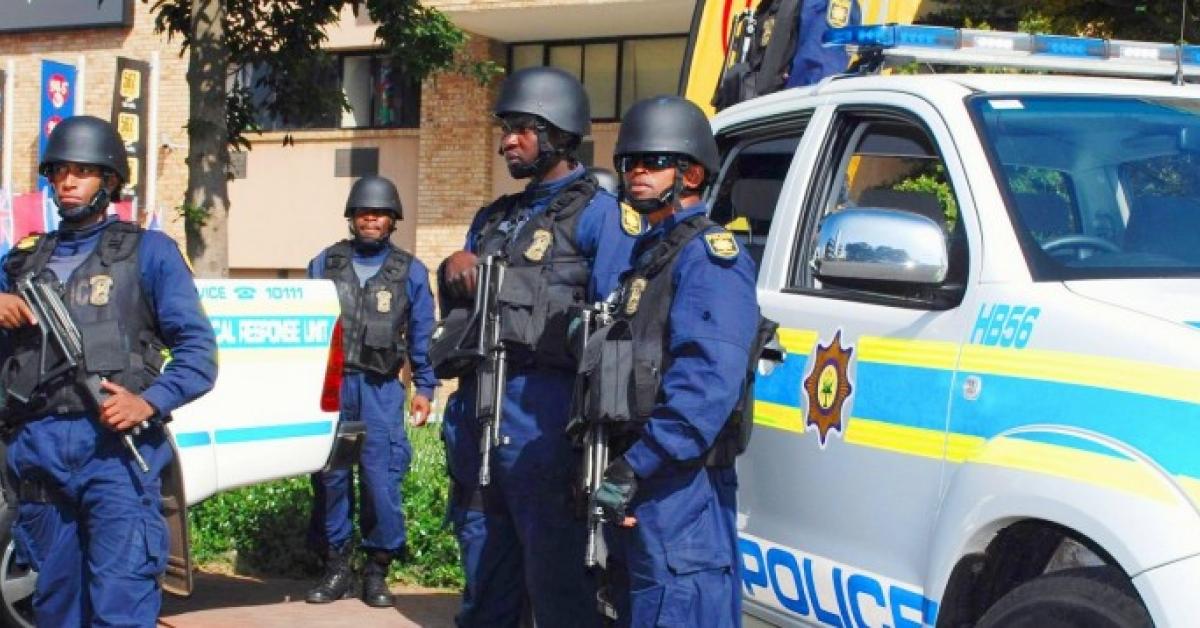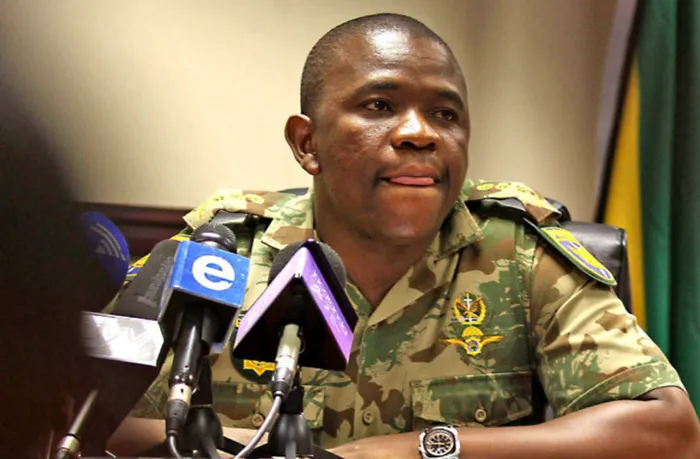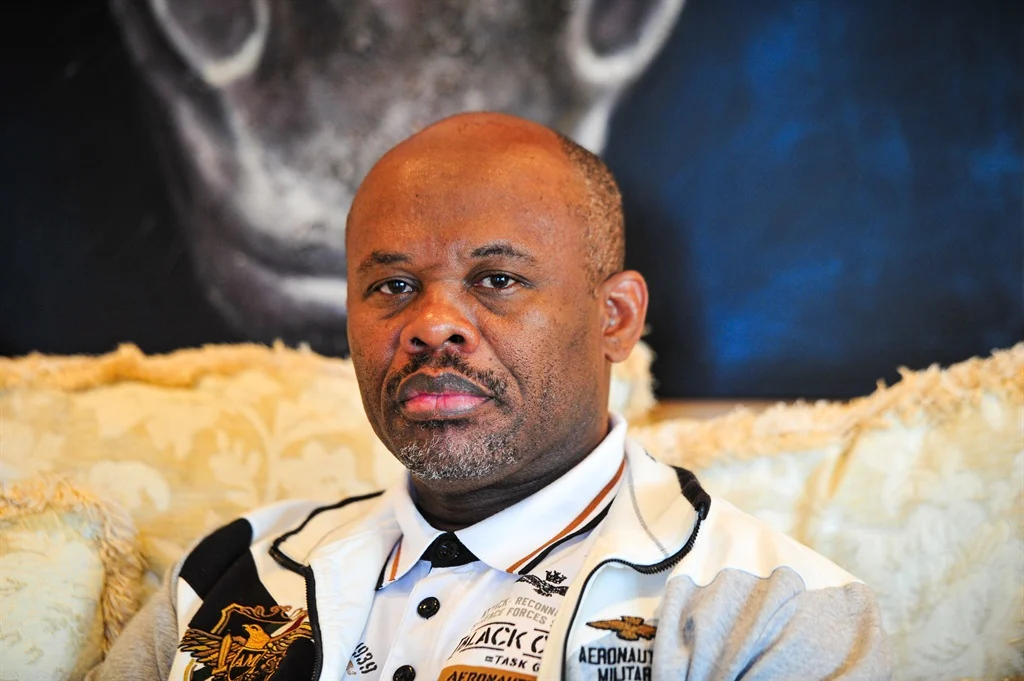Lieutenant General Shadrack Sibiya, Deputy National Commissioner for Crime Detection, finds himself at the eye of this tempest, fighting to reclaim his position amid claims that his suspension is unlawful and emblematic of deeper fractures within the police force.
South Africa’s Police Service in Crisis: The Battle for Integrity Amid Political Interference

JOHANNESBURG, South Africa – A storm is raging within South Africa’s Police Service, a maelstrom of allegations, suspensions, and legal battles that threaten the fabric of one of the nation’s most vital institutions. Lieutenant General Shadrack Sibiya, Deputy National Commissioner for Crime Detection, finds himself at the eye of this tempest, fighting to reclaim his position amid claims that his suspension is unlawful and emblematic of deeper fractures within the police force.
On August 20, 2025, Sibiya received notice from National Commissioner General Fannie Masemola demanding reasons why he should not be suspended or temporarily transferred yet again. Sibiya’s legal team swiftly condemned this move as a deliberate attempt to circumvent ongoing judicial proceedings challenging the suspension.
Their letter to Masemola accuses him of mala fides and constructive contempt, warning of court action to seek interdicts and punitive costs should the notice not be withdrawn and their client reinstated promptly.

This legal drama is set against a backdrop of explosive allegations that have rocked South Africa’s policing structures since July 2025. Lieutenant General Nhlanhla Mkhwanazi, KwaZulu-Natal Police Commissioner, made international headlines when he exposed, in a dramatic and heavily armed press conference, deep corruption within law enforcement, alleging collusion between senior police officials, politicians, and criminal syndicates.
Mkhwanazi alleged that a politically sensitive task force investigating political assassinations was disbanded under Police Minister Senzo Mchunu’s directive after uncovering a sprawling criminal cartel.
Shockingly, 121 case files, including five with active arrest warrants, were reportedly shelved, with investigations indefinitely stalled. Mkhwanazi did not mince words: “We are in combat mode; I am confronting the criminals head-on.”
Minister Mchunu vehemently denied the allegations, branding them “wild and unfounded.” Nonetheless, the claims led President Cyril Ramaphosa to suspend Mchunu and establish a judicial commission led by Acting Deputy Chief Justice Mbuyiseli Madlanga to probe these serious charges involving infiltration of law enforcement by criminal networks.

The depth of the crisis is underscored by South African Human Rights Commission statements and calls from civil society urging a swift and impartial investigation. Public confidence in SAPS has plummeted to roughly 22%, reflecting widespread perceptions of corruption, political interference, and institutional dysfunction, a trend documented by the Institute for Security Studies.
Security expert Gareth Newham explains, “The dysfunction is evident at all levels. There are systemic weaknesses in governance, oversight, and accountability that must be urgently addressed if the police are to regain legitimacy.”
Political parties are pressing for decisive accountability. The Democratic Alliance laid criminal charges against Minister Mchunu and submitted ethics complaints, accusing him of misleading Parliament regarding his relationship with controversial businessman Brown Mogotsi, linked to criminal syndicates. The DA characterized Mchunu’s contradictory testimonies as a “brazen abuse of public trust.”
READ MORE: South Africa’s police serve the ANC insiders, not the people: here’s how it happened
Against this turbulent backdrop, Lieutenant General Sibiya’s legal woes become more than an individual case; they embody the struggle of SAPS to uphold neutrality and the rule of law amid factional battles. His lawyers allege repeated breaches of the South African Police Service Discipline Regulations of 2016, accusing the leadership of using disciplinary procedures to silence or sideline dissenting officers.
The judiciary now stands as the ultimate arbiter. The upcoming hearing on August 26 will test whether SAPS can enforce discipline lawfully and protect officers from undue political pressure, a test with implications far beyond one man. Will the court reaffirm due process and restore institutional integrity, or cede to politicized forces threatening the service’s credibility?
For South Africans living with escalating violent crime, this is a crisis not only of leadership but of safety and justice. The police force is entrusted with enforcing the law, yet when it becomes a theater of political intrigue, the entire social order trembles.
Dr. Johan Burger, a noted crime analyst, warns, “Without reform, the police risk further alienation from the public they serve. True reform needs transparency, accountability, and a culture that resists political capture.”

Sibiya’s lawyers accuse Masemola’s directives of “mala fides” (bad faith) and “constructive contempt,” terms that signal a police service weaponized by political agendas, not a guardian of law and public order.
This unfolding saga presents a critical question for South Africa’s democracy: Can its police service renew itself as an independent, law-driven institution or continue to falter under factionalism?
The stakes are monumental. A fair, effective, and impartial police force is the bedrock of any just society. Its erosion threatens more than crime control; it threatens the very rule of law.
As South Africa watches with anxious eyes, the hope remains for justice, the kind that brings accountability, restores trust, and reclaims the promise of a policing service that protects all citizens equally.
Subscribe to Our Newsletter
Keep in touch with our news & offers
Thank you for subscribing to the newsletter.
Oops. Something went wrong. Please try again later.










